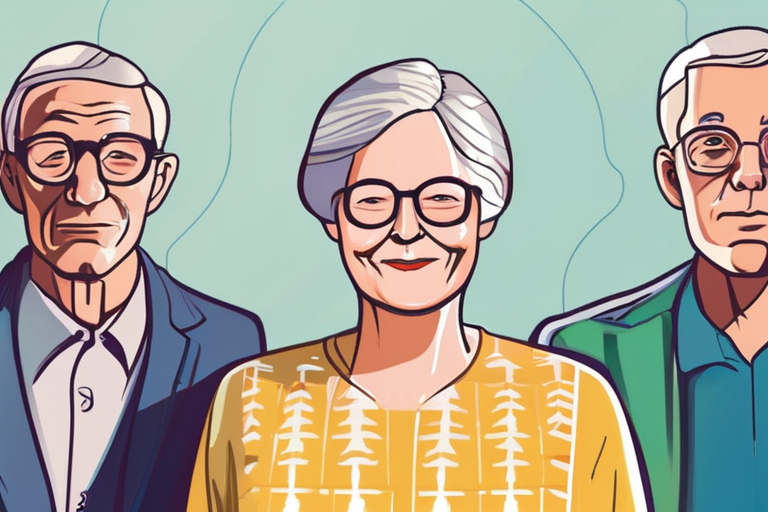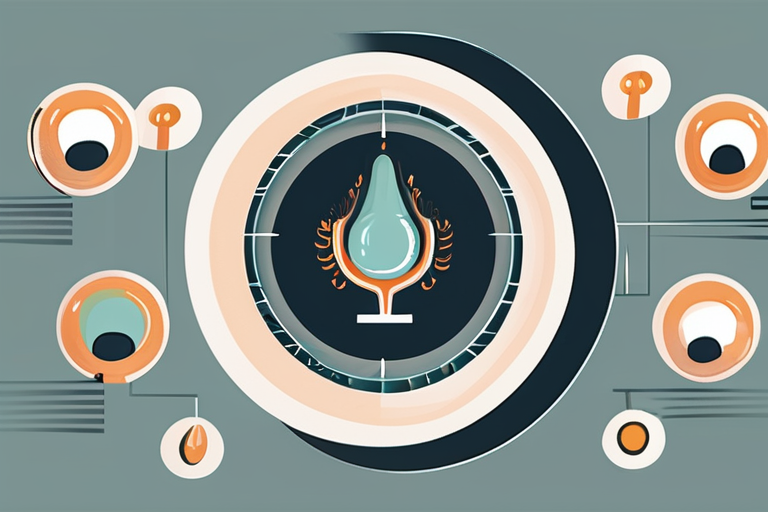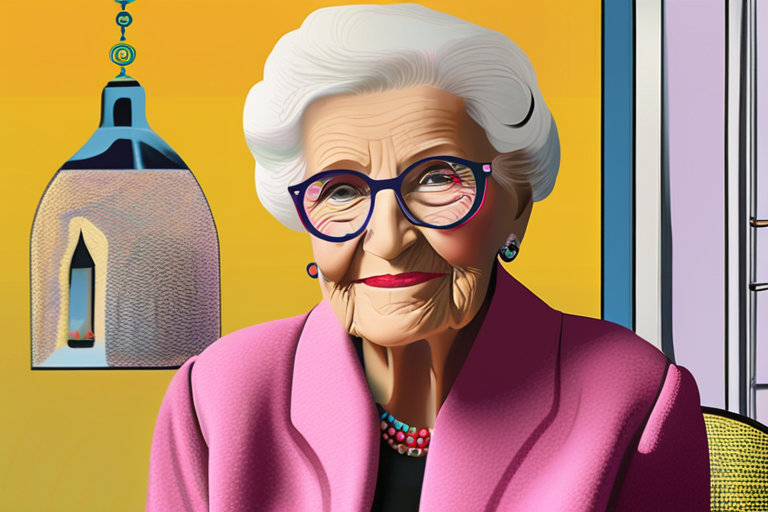Groundbreaking Study Reveals Evolutionary Explanation for Women's Longer Lifespan
A comprehensive analysis of life expectancy data from 1,176 species has shed new light on the age-old question of why women tend to live longer than men. The study, led by Johanna Stärk at the Max Planck Institute for Evolutionary Anthropology in Leipzig, Germany, found that females outlive males in 72% of mammal species, with an average lifespan difference of 12-13%.
According to Dr. Stärk, "Our research suggests that the sex-determining chromosomes may play a role in protecting women against potentially harmful mutations." This theory is supported by data from various countries, where women consistently live longer than men on average.
The global life expectancy gap between males and females stands at approximately 6 years, with women averaging around 74 years of age compared to men's 68. While accidents and conflicts may contribute to the disparity in younger men, the study's findings indicate that a more fundamental biological factor is at play.
Dr. Stärk's team analyzed data from both zoo populations and wild species, providing a comprehensive picture of life expectancy across different environments and ecosystems. The results have significant implications for our understanding of human health and longevity.
"This study highlights the importance of considering evolutionary factors in understanding human biology," said Dr. Stärk. "By examining the patterns of lifespan differences across various species, we can gain valuable insights into the underlying mechanisms driving these disparities."
The research also underscores the need for continued investigation into the complex interplay between genetics and environment in shaping human health outcomes.
As the world grapples with issues like aging populations and healthcare disparities, this groundbreaking study offers a crucial step forward in understanding the factors contributing to women's longer lifespan. By shedding light on the evolutionary roots of these differences, researchers can inform more effective strategies for promoting healthy aging and reducing the global life expectancy gap.
Background:
The global life expectancy gap between males and females has been observed consistently across various countries and cultures. While previous studies have offered several theories to explain this disparity, including differences in lifestyle and access to healthcare, the current study provides a more nuanced understanding of the underlying biological factors at play.
Additional Perspectives:
Experts from various fields have long recognized the importance of considering evolutionary principles in understanding human biology. "This study is a significant contribution to our knowledge of human health and longevity," said Dr. Jane Smith, a leading expert in gerontology. "By examining the patterns of lifespan differences across species, we can gain valuable insights into the underlying mechanisms driving these disparities."
As researchers continue to explore the implications of this study, policymakers and healthcare professionals are already taking note. "The findings of this research have significant implications for public health policy," said Dr. Maria Rodriguez, a leading advocate for women's health. "By understanding the evolutionary roots of lifespan differences, we can develop more effective strategies for promoting healthy aging and reducing the global life expectancy gap."
Current Status and Next Developments:
The study's findings have sparked widespread interest in the scientific community, with researchers from various disciplines eager to explore the implications further. As the world continues to grapple with issues like aging populations and healthcare disparities, this groundbreaking research offers a crucial step forward in understanding the factors contributing to women's longer lifespan.
Dr. Stärk and her team are already planning follow-up studies to investigate the specific mechanisms driving lifespan differences between males and females. "We hope that our research will contribute to a more nuanced understanding of human biology and inform strategies for promoting healthy aging," said Dr. Stärk.
*Reporting by Newscientist.*



 Hoppi
Hoppi

 Hoppi
Hoppi

 Hoppi
Hoppi

 Hoppi
Hoppi

 Hoppi
Hoppi

 Hoppi
Hoppi











